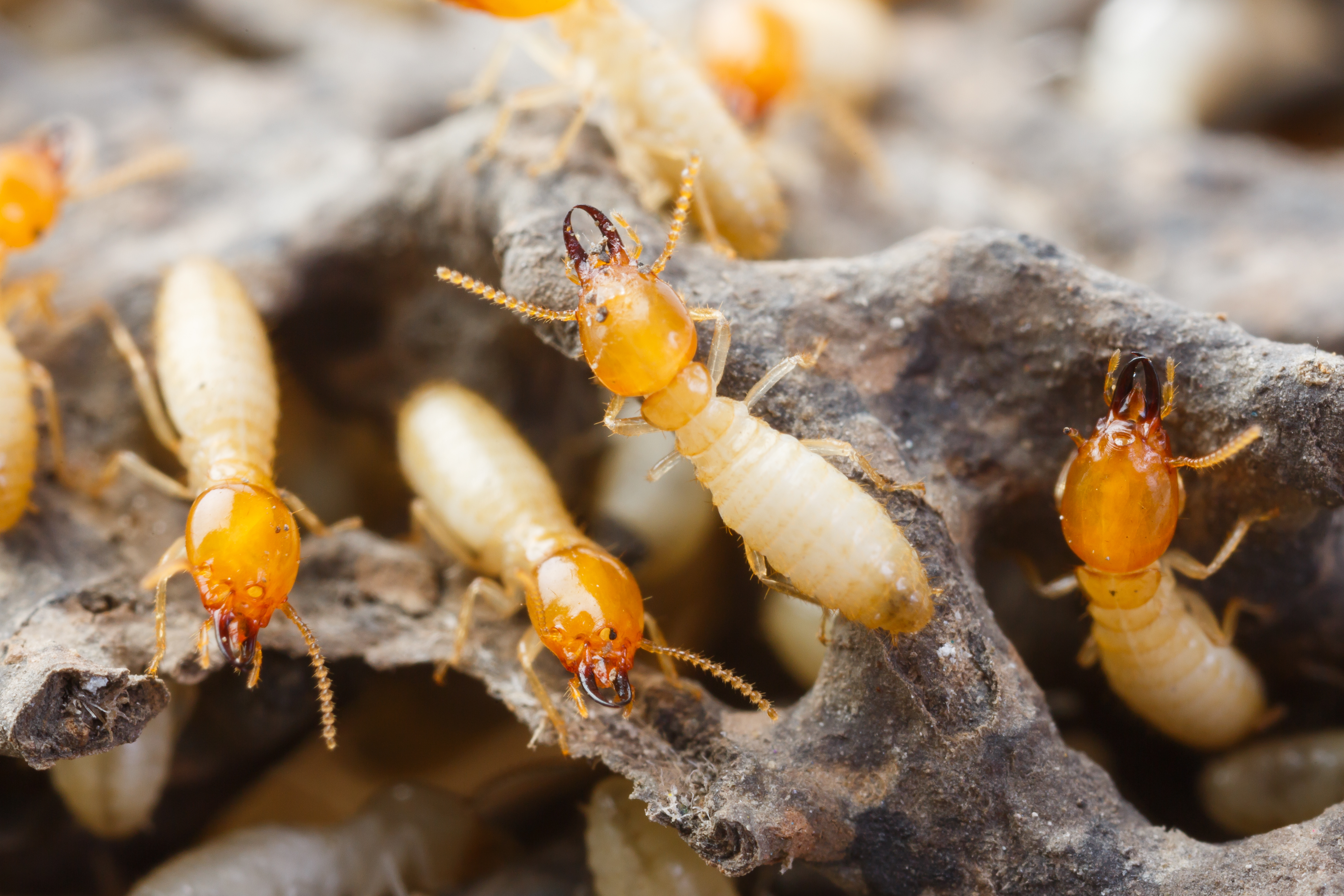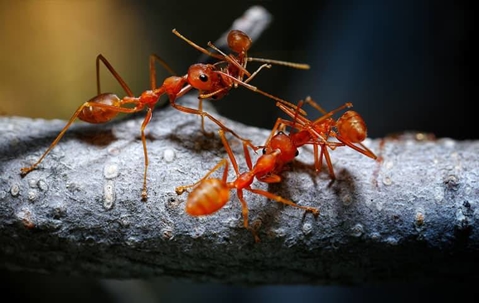Ecological Impact of Pest Control: Harmonizing Effectiveness With Sustainability
The ecological impact of insect control is an important problem that needs a delicate balance in between attaining performance in making certain and managing insects sustainability of our ecosystems. As we aim to protect our crops, homes, and health from the threats posed by pests, the methods we use can accidentally harm the setting. From the use of damaging chemicals that permeate into our soil and water to the unintentional effects on non-target species, the effects of traditional pest control techniques are far-ranging. There are arising techniques that provide hope for an extra sustainable strategy to pest monitoring. These solutions not just objective to deal with the immediate bug issues yet also consider the lasting health of our world.
Harmful Chemicals in Insect Control
The utilization of dangerous chemicals in pest control positions significant environmental and wellness dangers that warrant mindful consideration and mitigation approaches. Pesticides, herbicides, and pesticides are generally used to eradicate bugs, yet their extensive application can cause unintended effects. These chemicals can infect soil, water sources, and the air, influencing not only the targeted parasites but additionally valuable bugs, wild animals, and humans.

To deal with these risks, integrated bug monitoring (IPM) techniques are being promoted as a much more lasting alternative. IPM includes a combination of techniques such as organic control, habitat adjustment, and the targeted use chemicals as a last resort (ant control pineville nc). By adopting a holistic strategy to pest control, we can lessen the ecological and health and wellness effects connected with hazardous chemicals while efficiently managing pest populations
Effect On Non-Target Species
Taking into consideration the unintended consequences of pest control approaches, the impact on non-target species is an essential facet that calls for comprehensive analysis. While bug control steps intend to target specific pests, various other microorganisms in the ecological community may be accidentally influenced. Non-target species, consisting of advantageous insects, birds, animals, and also plants, can suffer indirect or direct injury from pesticide applications or biological control techniques.
Chemicals can have sub-lethal or lethal effects on non-target types. Insecticides developed to battle a certain insect parasite may harm pollinators like bees or all-natural killers such as ladybugs. In addition, chemical residues can build up in the environment, impacting non-target microorganisms with time. In a similar way, biological control representatives, if not species-specific, can pose dangers to unexpected targets, interfering with the ecological equilibrium.
To alleviate the influence on non-target types, incorporated pest monitoring (IPM) techniques that highlight an alternative method to pest control are suggested. These techniques focus on the use of eco-friendly techniques, lessening harm to useful microorganisms while efficiently handling pest populations. Performing extensive danger evaluations and checking why not try this out the results of bug control efforts are necessary action in protecting non-target types and advertising total ecosystem wellness.
Soil and Water Contamination
Unexpected ecological consequences of pest control techniques prolong past impacting non-target varieties, with significant effects for dirt and water contamination - termite control. Pesticides, herbicides, and chemical fertilizers utilized in bug control can seep right into the soil and infect groundwater, posing a hazard to both terrestrial and marine ecosystems.
Water contamination is an additional important problem related to parasite control methods. Drainage from farming areas treated with pesticides can carry these chemicals right into nearby water bodies, affecting water microorganisms and water quality. Contaminants in water sources can have far-reaching effects, influencing not only water life however additionally human health through the consumption of polluted water or aquatic microorganisms. To mitigate soil and water contamination from parasite control tasks, incorporated pest administration approaches that prioritize sustainability and lessen chemical inputs are essential.
Air Air Pollution From Pesticide Usage
Exposure to airborne chemicals during farming applications postures a significant worry for air contamination control procedures. Additionally, pesticide drift, where chemicals are carried by the wind to unintended areas, can lead to the contamination of nearby environments and water bodies.

Techniques for Lasting Bug Control
In the world of farming techniques, implementing sustainable insect control strategies is vital for preserving ecological equilibrium and safeguarding plant returns. Lasting bug control highlights using environmentally friendly methods to manage pest populations successfully while decreasing injury to non-target microorganisms and ecological communities. Integrated Pest Monitoring (IPM) is an extensively embraced method that combines organic, cultural, physical, and chemical control methods to attain lasting insect monitoring services.
One trick approach in sustainable pest control is advertising biodiversity within agroecosystems. By improving natural adversaries of pests, such as parasitoids and killers, farmers can decrease the need for synthetic chemicals. Plant turning and diversity are also efficient strategies to disrupt pest life cycles and produce less favorable conditions for insects to prosper. Furthermore, using pest-resistant crop varieties and utilizing strategies like catch chopping can aid decrease parasite stress without counting heavily on chemical interventions. Inevitably, by incorporating these lasting insect control strategies, farmers can accomplish an equilibrium between pest administration efficiency and ecological stewardship.
Conclusion
Finally, the ecological effect of insect control techniques have to be carefully taken into consideration to balance efficiency with sustainability. Damaging chemicals made use of in parasite control can bring about soil and water contamination, air contamination, and harm non-target species - ant control. It is critical to apply lasting insect control approaches to lessen these adverse results on the setting and advertise a healthier community for future generations
By embracing an alternative technique to pest control, we can reduce the environmental and wellness impacts linked with dangerous chemicals while efficiently managing pest populations.

To reduce the air contamination triggered by chemical use, it is necessary to embrace integrated insect administration approaches that focus on the usage of non-chemical bug control approaches, such as crop rotation, all-natural killers, and immune plant selections. Sustainable bug control highlights the usage of eco friendly methods to handle pest populaces properly while reducing injury to non-target microorganisms and ecosystems. Integrated Pest Management (IPM) is an extensively taken on approach that integrates organic, social, physical, and chemical control approaches to attain long-term insect management services.